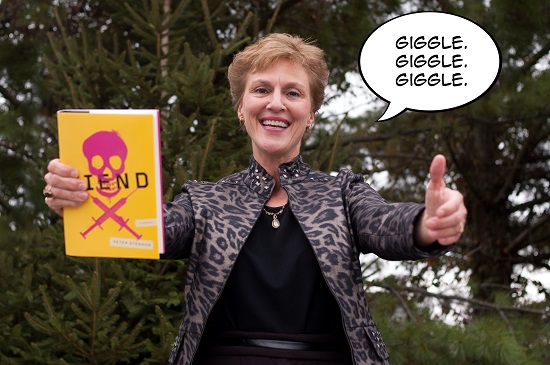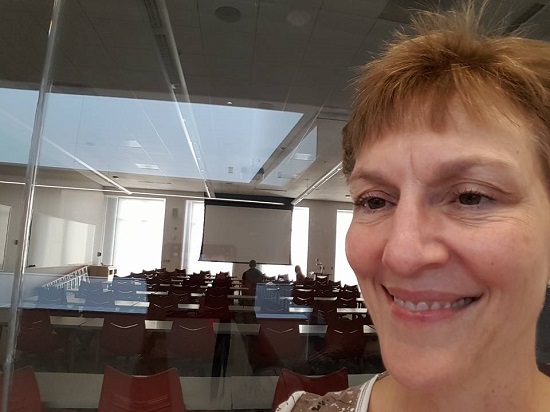Given what I know about addiction and, in my case, addiction to alcohol, would I date me?
If I didn’t have alcoholism, I would date me. I have enough strengths and enough awareness of weaknesses to be worth a try. Whether or not synergy resulted would be up to us, not just to me.
But would I knowingly bring someone with addiction into my heart, mind and life? Into my family’s life? Into my community’s life?
Here’s how I see the context for asking and answering that question.
First, it’s still not common knowledge that alcohol is a drug, just a legal one. Whether one terms it a narcotic or a depressant, it joins other drugs in impacting brain structures related to mood and behavior. A person who dates a person with alcoholism is dating a person with drug addiction. Euphemistically separating out addiction to a legal drug as “alcoholism” from addiction to illegal drugs is a meaningless social construct.
And dating someone with addiction is dating someone who will be viewed by society, not as a person, but as “an alcoholic” or “an addict.”
Second, addiction simply doesn’t make sense. Use makes sense – feels great! – but why continue after negative consequences? Why would people continue to do what harms them and harms others? Continuing to do something that hurts oneself is anti-survival. Continuing to do something that hurts others is anti-social. Continuing, therefore, is unreasonable, irrational, illogical, unconscionable. Yet nearly 1 in 10 Americans has this tragically nonsensical condition in which they continue to do what results in costly harm to all involved.
And no one really knows what addiction is, what causes it, or how to treat or cure it. So the person with addiction has a confounding, mysterious condition that, ultimately, the person has to handle with great uncertainty on his or her own.
Third, the burden of addiction can carry additional baggage. Many people with addiction have a co-occurring mental illness. The majority of people with addiction have experienced trauma. So it’s possible the person one is dating has complex layers of personal and interpersonal challenges that will make a relationship even more challenging.
Fourth, relapse can happen. A person who is in recovery from addiction, either through abstinence or harm reduction, i.e. takes medication to manage addiction or consciously uses less harmful substances, might return to active use. While many people “age out” or quit on their own, a significant number of people have an acute case of addiction which makes return to use likely. I can’t speak for the likelihood of relapse for any one individual. But, in general, many people with acute addiction return to active use, even after a significant period of abstinence or harm reduction. So the severity of the person’s case of addiction may increase the odds of return to active use.
This is a sweet, hopeful statement from NIDA: ” Relapse rates (i.e., how often symptoms recur) for people with addiction and other substance use disorders are similar to relapse rates for other well-understood chronic medical illnesses such as diabetes [my link], hypertension, and asthma, which also have both physiological and behavioral components.”
Unlike with other chronic illnesses, however, the problem with relapse from addiction is that it manifests as problematic behavior and can include thoughtless, careless, or mean words and actions, physical illness and injury, ERs, legal problems, the works.
If I am thinking of dating me, then, I am thinking of bringing someone into my life who is ill-viewed by society, has an illness for which there is no cure and for which treatment is uncertain, who is likely to have other illnesses, and whose return to use could bring us all to our knees.
. . . . .
If I were considering dating me, I would say to me that that’s some heavy sh*t and I would want to know what the hell I’m doing about it all. (I do swear at times, a possible reason not to date me.)
I’m accountable to the entire world. I share openly and publicly on a blog, indexed by Google, that I’m in recovery from alcoholism. If having others know if I relapse is a protective factor – again we don’t know what does help, only what might help – then I have done that. The sacrifice of privacy has been a much harder hit than I expected. But people share with me that it helps so that helps me. There is no going back, however.
I think I may experience a tad less stigma because I’m “out” about having alcoholism. I’m not sure. People in my small town have to decide whether or not they’ll be seen with me in public because they might be suspected of being “one of them.” At least my situation does not need to be protected or kept secret. What a relief we can all talk openly about it!
People may not have caused all of their own problems, but they have to solve them anyway.
– Marsha Linehan, DBT Skills Training Manual
I make hundreds of decisions each day – and take action on them – to increase the likelihood that I will continue to be abstinent from alcohol. I avail myself of known evidence-based treatment options and monitor my progress constantly. I attend weekly counseling sessions for co-occurring anxiety, trauma and substance use disorder, and do about a billion other things that might be helpful to prevent myself from returning to active use.
I am ruthless in my pursuit of correct, curative treatment for addiction. I study, I read, I listen, I observe, I hypothesize, I experiment. I do not want addiction. I do not want it for the people I serve. Simply put, addiction creates a before and after in the brain that is not good for it. Developments in neuroscience are promising so I’m taking my 57 year-old brain on a wild ride to try to understand the findings well enough to derive items to add to my recovery to-do list.
I engage in full frontal nudity about the realities of addiction. I do not avert my eyes from the primary dialectal truth of addiction: I want to AND I do not want to.
I have a relapse plan. In private, when they’re not coerced into forced confessions of personal choice and moral depravity by the courts, court-appointed treatment professionals, or fundamentalist recovery community members, everyone I know who has relapsed tells me, faces full of baffled terror, that they have no clue how it happened.
For me, if I relapse – and I also can’t know for sure – I believe it would be as a result of overwhelming environmental cues or this trajectory:
stress > distress > dissociation > return to use
Or both. Regardless, if I do relapse, I have a written document that describes what I think would be helpful and not helpful to assist me in becoming abstinent again. I haven’t yet asked particular people to be on my team and that will be next. My intention would be to return to abstinence, not to attempt to try a life that includes alcohol. I will become abstinent as soon as I can with the help for which I’ve asked. In assisting others, I have found this to be an unfortunate matter of days rather than hours, sometimes months or longer. To the best of my ability to understand the research, the longer I go without alcohol, the better are my chances to continue to go without it. I push myself each day to remain abstinent.
I shared publicly that I was advised to fall in love with my life. Now is a good time to share that I was also advised to fall in love, period. With a partner. The neuroscience of addiction says that love may, after all, be all we need.
. . . . .
So, given what I know about addiction and, in my case, addiction to alcohol, would I date me?
I actually date me all day and every day. Hard to believe but, even with alcoholism and everything else that’s gone down, I find myself remarkable company. And, if nothing else, honest and open to a fault.
But I would not be everyone’s cup of tea.
. . . . .
First photo and graphic by Nancy Brauer of me impersonating a meth zombie from Peter Stenson’s astounding novel Fiend. My review is here.
Second photo a selfie taken outside a neuroscience class at Virginia Tech.



